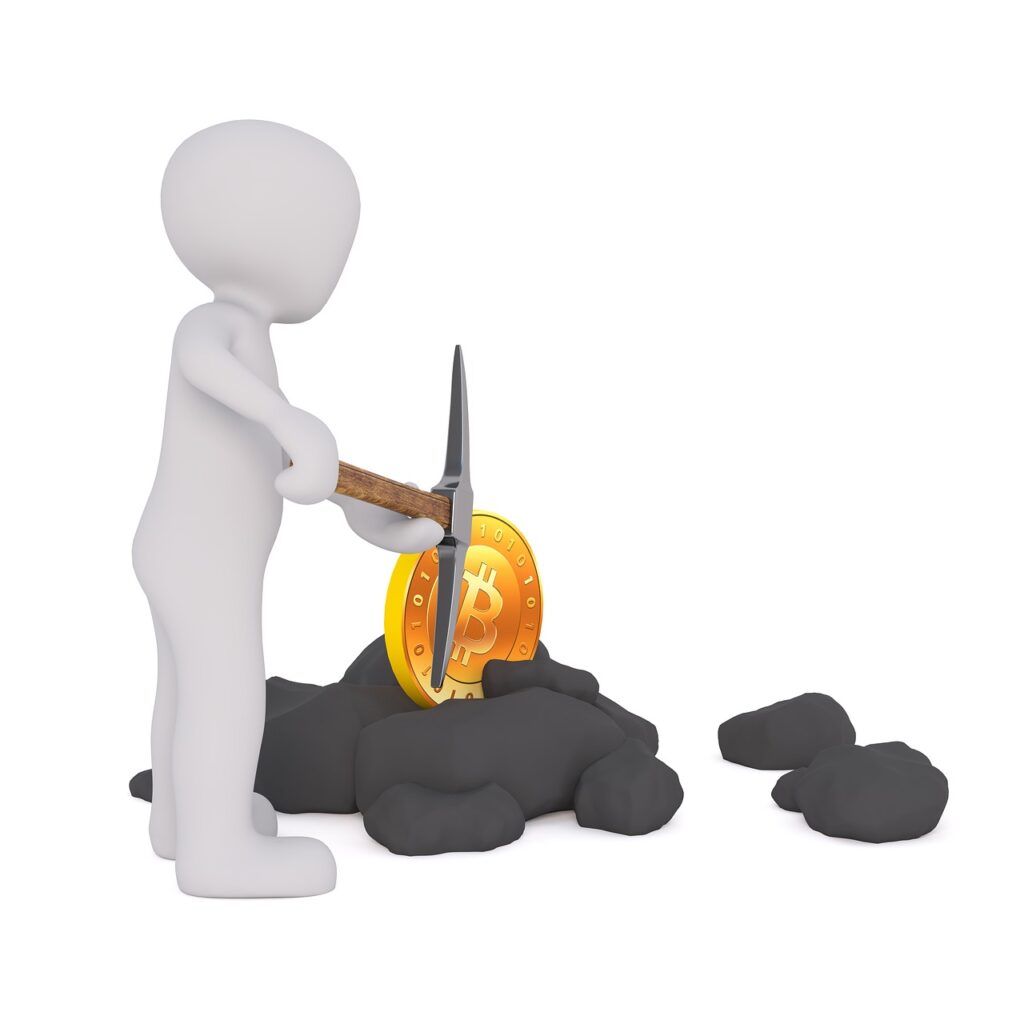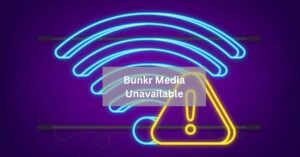The Rise of Decentralized Autonomous Organizations (DAOs): Redefining Governance in the Crypto Space
2 min read
Introduction:
Decentralized Autonomous Organizations (DAOs) have emerged as a novel form of digital organization, governed by smart contracts and decentralized decision-making processes. In this article, we’ll explore the rise of DAOs in the crypto space, their potential applications, and the implications for governance, innovation, and collaboration in decentralized ecosystems.
What are DAOs?
DAOs are self-governing entities that operate autonomously on blockchain networks, executing code and making decisions based on predefined rules and consensus mechanisms. DAOs are typically governed by a decentralized community of stakeholders who hold governance tokens and participate in decision-making processes such as voting, proposal submission, and fund allocation. DAOs can be used to manage and govern a wide range of activities and assets, including investment funds, decentralized protocols, digital collectives, and decentralized applications (DApps).
Governance Mechanisms:
DAOs employ various governance mechanisms to facilitate decision-making and consensus among stakeholders. These mechanisms may include on-chain voting, token-based governance, quadratic voting, liquid democracy, and futarchy, among others. Governance proposals and decisions are recorded on the blockchain, providing transparency, immutability, and verifiability of governance processes. DAO governance can be formal or informal, depending on the level of decentralization, participation, and consensus required to enact changes or make decisions.
Applications of DAOs:
DAOs have a wide range of applications across different industries and sectors in the crypto space. In decentralized finance (DeFi), DAOs are used to govern decentralized protocols, manage investment funds, and allocate resources for liquidity provision, yield farming, and lending/borrowing activities. In the arts and entertainment industry, DAOs can be used to crowdfund projects, manage intellectual property rights, and distribute royalties to creators and contributors. DAOs are also used in governance experiments, collective decision-making, and community-driven initiatives, empowering participants to shape the direction and development of decentralized ecosystems.
Challenges and Considerations:
Despite their potential, DAOs also face several challenges and considerations in the crypto space. Governance scalability, participation, and voter apathy are common issues that DAOs must address to ensure effective decision-making and governance processes. Security vulnerabilities and smart contract exploits pose risks to DAOs, as malicious actors may attempt to manipulate governance outcomes or steal funds. Legal and regulatory uncertainties surrounding DAOs, including liability, accountability, and jurisdictional issues, also present challenges for their adoption and mainstream acceptance.
Future Trends and Outlook:
The future of DAOs in the crypto space is promising, as they continue to evolve and mature as a governance mechanism for decentralized ecosystems. As DAOs address governance challenges, enhance security measures, and improve user experience and participation, they may gain broader acceptance and adoption across various industries and sectors. Interoperability among DAOs, DeFi protocols, and other blockchain networks may enable new forms of collaboration, coordination, and value creation in decentralized ecosystems. Additionally, advancements in governance technologies, such as quadratic voting, prediction markets, and decentralized arbitration, may further enhance the effectiveness and efficiency of DAO governance in the digital age.






